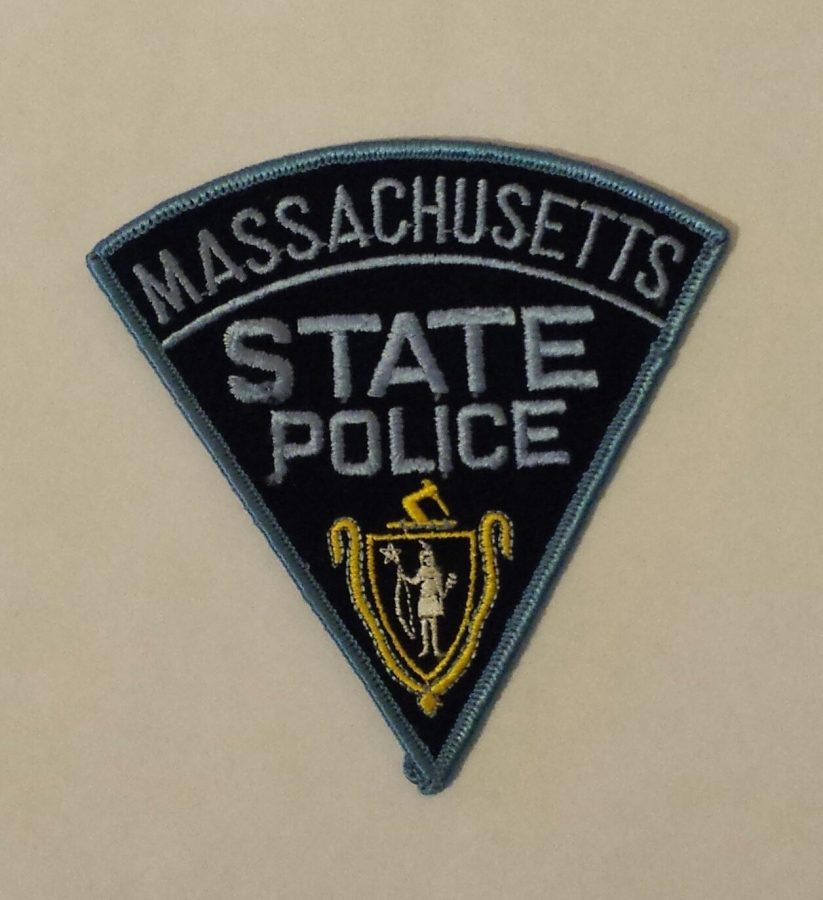On April 5, announcements were released that the Massachusetts State Police had created a new unit to combat human trafficking.
The Human Trafficking Unit has been running for several weeks and consists of four state police troopers, led by Detective Lieutenant Pi Downsbrough, who has been a trooper for almost 25 years.
While the state police already has a unit for human trafficking, the new unit was created to have more manpower to assist, especially with cases relating to minors.
While the Human Trafficking Unit may take on large-scale trafficking cases, the unit can act to assist local law enforcement agencies that may have smaller trafficking situations.
In addition to doing law enforcement duties, the unit will also work with victims and social service agencies.
The new unit will take cases that involve children who are under 18 years old.
While many associate the term “human trafficking” with child prostitution, the definition also includes the use of children in pornography, trafficking for labor, or to harvest organs.
Anyone, regardless of gender or racial background, can be recruited for trafficking.
According to “Ark of Hope for Children,” an organization working to provide support and healing, states that trafficked children come from the United States and other countries, whether by legal means or through smuggling.
Sex trafficking–in particular–tends to start around 14 years old, extending into the mid-twenties.
The Trafficking Victims Protection Act (TVPA,) created in 2000, states that commercial sex trafficking can be “induced by force, fraud, or coercion, or in which the person induced to perform such an act has not attained 18 years of age.”
At the announcement, Lieutenant Governor Karyn Polito stated that human trafficking is “an activity that is very much in the shadows” according to the Boston Globe.
She also mentioned that a lot of the victims of human trafficking are already involved with the Massachusetts Department of Children and Families (DCF).
“Let’s face it: human trafficking, sexually exploitation of children, is child abuse. It is a violent act, it is against the law, and now we need the people and policies in place to help these kids,” said Polito.
In the past, children involved in sex crimes would be prosecuted as prostitutes, thus facing criminal penalties. Under new policies, the children will now be placed in DCF care. These children will be placed in foster homes or receive social services.
This is a two-prong approach: DCF provides the children with services, and the state police prosecute the traffickers.
“I’m pleased to have the State Police and DCF work collaboratively to implement and create new tools to increase reporting requirements and target trafficking for juveniles as we work to rid our commonwealth of this abominable scourge,” said Massachusetts Governor Charlie Baker at the announcement.
Kate Price, a University of Massachusetts Boston student studying the “commercial sexual exploitation of children” in the sociology department, is working on her doctorate with a thesis including the first-ever predictive tool to prevent vulnerable children from being exploited. She believes that the police unit is a “wonderful idea.”
Erin Bradley, executive director of the Children’s League of Massachusetts, told the Boston Globe that she supports the new unit and policy changes but argues that the state government still needs to do more.





















































